Australia is one of foreign countries which many perceive to be squeaky clean, at least its Southeast Asia neighbour thought so. It was quiet a news when Prime Minister Malcolm Turnbull accused the alternative prime minister, Bill Shorten, of taking “backhanders” when he was a trade union supremo. But when Turnbull himself was dragged into 1MDB scandal, it changes everything.
It was Alex Turnbull, the son of the Australian prime minister who claimed that he exposed the misconduct by Goldman Sachs in its dealings with 1MDB. But Mr. Malcolm had refused to discuss his son’s remarks as the disgraced Australian prime minister had instead chosen to sweep the matter under the carpet. So much for a squeaky clean Australia.
Mr. Alex, who was based in Singapore and manages a hedge fund, claimed that he was sidelined and then resigned while working for the global investment bank Goldman Sachs in Singapore, after raising concerns about a deal that raised around US$6 billion in loans for 1MDB (1Malaysia Development Berhad), a brainchild of the despicable ex-PM Najib Razak.
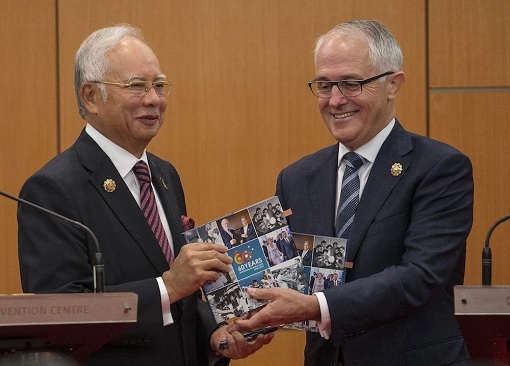
Najib Razak, who was the Chairman of 1MDB, has denied any involvement in the scandal although he was caught with his hand in the cookie jar – a whopping US$681 million in his private banking accounts. Instead, Mr. Najib has claimed that the money was donations from Saudi royal family, a claim that could not be substantiated.
The corruption scandal was so massive that the U.S. Department of Justice acknowledges lawsuits filed to seize assets that it said were the result of US$4.5 billion that was misappropriated from 1MDB (1Malaysia Development Bhd), a fund set up by Najib Razak himself in 2009, represents the largest action brought under the Kleptocracy Asset Recovery Initiative.
Australia, seen as the “Deputy Sheriff” of the United States in the Asia-Pacific region, is trying to mirror President Trump administration policies. The U.S. Justice Department has been investigating whether tech giant – Huawei Technologies Co. – has violated Iran sanctions. Huawei has allegedly shipped U.S.-origin products to Iran, and probably other countries, in violation of U.S. export and sanctions laws.
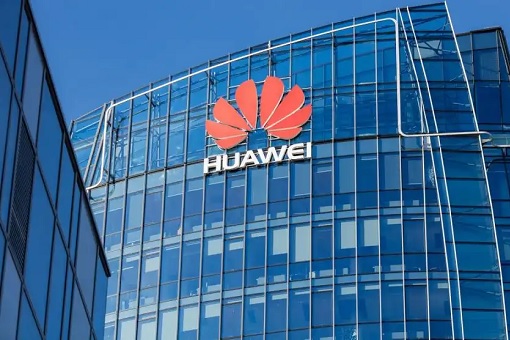
Likewise, the Australian government is engaged in heavy debate about whether the Chinese telco giant Huawei should be allowed to provide equipment for Australia’s next generation communications network – 5G. Huawei is one of the world’s largest providers of telecommunications equipment and the third largest provider of smartphones, after Samsung and Apple.
While Turnbull administration hasn’t decided to block Huawei entirely under the pretext of national security, a bombshell was unleashed that Huawei is the biggest corporate sponsor of overseas travel for Australian politicians. Iron ore miner Fortescue Metals Group was the second-largest corporate sponsor, paying for five trips.
The research from the Australian Strategic Policy Institute (ASPI) found China-based Huawei paid for 12 trips by Australian federal politicians to the company’s headquarters in Shenzhen – including business class flights, local travel, accommodation and meals – between 2010 and this year. Huawei accounted for 12 out of 55 corporate-sponsored trips by federal politicians.
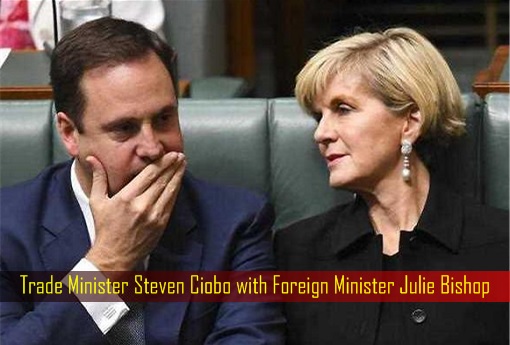
The Australian politicians who benefited from the sponsored trips include Foreign Minister Julie Bishop, Trade Minister Steve Ciobo, former trade minister Andrew Robb, former speaker of the House Harry Jenkins and eight other Labour and Liberal politicians. There is nothing illegal about paying for politicians’ travel on “study tours”, nor it is illegal for politicians to accept such trips.
However, it raises questions about Huawei’s motives and whether the government of Malcolm Turnbull’s final decision would be influenced by such free trips. Fergus Hanson, director of ASPI) said – “The Australian Prime Minister is about to make one of the biggest decisions of the year on whether Huawei should be able to participate in the 5G network.”
“So of course Huawei’s sponsorship of all this travel for Australian politicians raises questions about what they’re trying to do and how they’re trying to influence Australian politics. It raises questions about whether or not politicians should be accepting any trips from corporations to travel to other countries … particularly when there’s serious national security concerns involved.” – said Mr. Hanson.
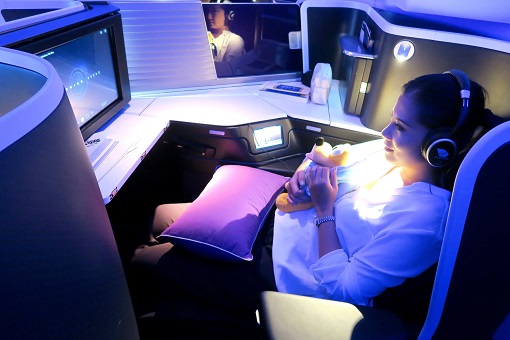
Huawei Australia’s director of communications, Jeremy Mitchell, said the company was not doing anything improper, saying – “Huawei doesn’t apologise for making people more aware about who we are and what we do. We openly invite media, business, think tanks and politicians to visit us and understand us better.”
In February, Prime Minister Malcolm Turnbull was reportedly briefed on concerns held by the US about Huawei’s involvement in Australia’s 5G network during a meeting in Washington. In 2012, Huawei was banned from involvement in Australia’s National Broadband Network (NBN) on the advice of the Australian Security Intelligence Organisation (ASIO).
Mr. Turnbull is now in a dilemma. Blocking Huawei from the country’s 5G network could sour relations with China, something that Australia might not be able to afford in the long run. However, allowing the Chinese giant to provide equipment is tantamount to giving China backdoor access – or spying – to its backbone of Australia Internet.
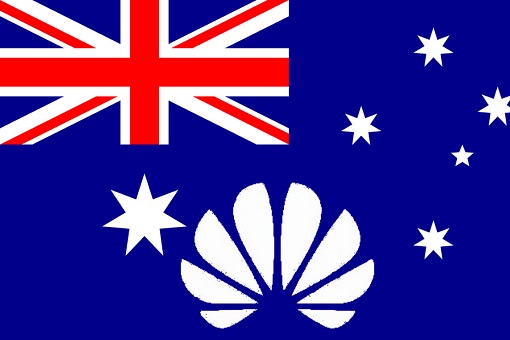
While the sponsored trips may not look as disastrous as Najib’s stealing money in broad daylight, it doesn’t take a rocket scientist to tell that taking free business class flights, accommodation and meals is still a form of kickbacks – especially when Australian politicians are about to decide if Huawei should be allowed to sell their high-tech equipments.
Other Articles That May Interest You …
- Trump Has 2 Ways To Stop China From Becoming A Global Leader In Technology
- Vanuatu Military Base – Australia Panic As China Secretly Militarizing Its Backyard
- US-DOJ Investigates Huawei For Violating Iran Sanctions – It’s All About Business, Stupid!!
- The Unbelievable Tales Why Malaysia Police Chief Refuses To Claim Back His AUD$320,000 Frozen By Australia
- China Reveals Strategy To Fight U.S. Trade War – Stop Buying American Debt
- Here’s How This Australian Bank Laundered Dirty Money “54,000 Times” Using ATM
- China Invasion – Top 10 American Iconic Brands Now Owned By Chinese
- Why China Can “Take” Any Island In South China Sea … And Get Away

|
|
June 26th, 2018 by financetwitter
|


|

|

|

|

|

|




























Comments
Add your comment now.
Leave a Reply